Below is a viewpoint from the Foresight Africa 2022 report, which explores top priorities for the region in the coming year. Read the full chapter on public health.
 The global roll-out of COVID-19 vaccines to date is neither inclusive nor adequately planned: Many countries are already administering boosters while the rest of the world is being left far behind. Despite the urgent need to increase vaccination, Africa has received too few vaccines from the global supply: As of this writing, out of more than 9 billion vaccines doses produced, Africa has only received approximately 540 million (about 6 percent of all COVID vaccines, despite having 17 percent of the world’s population) and administered 309 million doses. Less than 10 percent of Africans are fully vaccinated.
The global roll-out of COVID-19 vaccines to date is neither inclusive nor adequately planned: Many countries are already administering boosters while the rest of the world is being left far behind. Despite the urgent need to increase vaccination, Africa has received too few vaccines from the global supply: As of this writing, out of more than 9 billion vaccines doses produced, Africa has only received approximately 540 million (about 6 percent of all COVID vaccines, despite having 17 percent of the world’s population) and administered 309 million doses. Less than 10 percent of Africans are fully vaccinated.
In other words, approximately 1.2 billion Africans have not received a single dose of vaccine and, at the current rate, much of Africa may not be vaccinated until 2023.
The COVID-19 pandemic has exposed our continent’s vulnerabilities in ensuring access to vital drugs, vaccines, and health technologies. More specifically, it has underscored the critical gap in vaccine manufacturing as a whole: Before COVID-19, Africa produced less than 1 percent of the vaccines that it consumed—importing over 99 percent—despite consuming over 25 percent of vaccines globally.
Such vaccine inequality is not simply unjust; given the potential for dangerous mutations that could affect vaccine effectiveness, it is epidemiologically wrong. As a result, Africa may well become the COVID epicenter.
There is no greater test of moral solidarity and the world’s ability to come together than this global health challenge.
The issue is no longer one of supply but rather one of unequal distribution. Despite the acute vaccine supply shortage in Africa, global vaccine production has been increasing at a secure rate, around 1.5 billion doses per month. By December 2021, over 1.2 billion doses could be available for donation by the G7 alone. Western countries should agree to transfer their vast stockpile of unused vaccines to COVAX to ensure that the vaccines reach the places most in need. In addition, to ensure the best allocation and distribution of vaccines, COVAX should work with the African Vaccine Acquisition Task Team (AVATT), which has pooled resources to procure vaccines for its member states.
There is no greater test of moral solidarity and the world’s ability to come together than this global health challenge. Moreover, the solution is not charity: Given the emergence and spread of variants, the pandemic will not be over until it is over everywhere. Africa cannot and must not be left out of the vaccination conversation. Delays in vaccinating everyone have an economic cost as well. A recent study from The Economist estimated that, among other regions, sub-Saharan Africa will register the highest economic losses (3 percent of GDP from 2022-2025) due to slow vaccination rates.
Given the emergence and spread of variants, the pandemic will not be over until it is over everywhere
The future of Africa’s health systems can be bright
Africa accounts for 23 percent of the world’s overall disease burden yet only 1 percent of global consumption of healthcare goods and services, of which 44 percent is financed by government and the remainder is from out-of-pocket payments. This indicates that there is a significant health financing gap to treat the continent’s disease burden.
The African pharmaceutical sector is expected to grow from $19 billion in 2012 to $66 billion by 2022—the fastest growing in the world; the health and wellness sector is projected to be worth around $259 billion by 2030, with the potential to create over 16 million jobs. Already, pharmaceutical manufacturers have announced plans to create factories in the region—although challenges in infrastructure, regulation, and know-how, among others, may hinder those efforts.
Given these complex challenges, the pandemic has also confirmed the integral role of a strong regulatory system in a well-functioning health ecosystem. The African Medicines Agency (AMA), launched in September 2021, is the second continental health agency after the Africa Centres for Disease Control and Prevention (Africa CDC), with the mandate of enhancing regulatory oversight across the continent and meeting the challenges of access to quality, safe, and efficacious medicines.
The AMA can take advantage of and build on the ongoing efforts towards regulatory harmonization and economic inclusion through other key Africa programs:
- African Continental Free Trade Area: Facilitates trade through simplification of regulation and minimization of red tape.
- Partnerships for African Vaccine Manufacturing (PAVM): Supports local manufacturing.
- African Medicines Regulatory Harmonization (AMRH) and African Vaccine Regulatory Forum (AVREF): Both focus on medical products and regulation.
The pandemic has also confirmed the integral role of a strong regulatory system in a well-functioning health ecosystem.
By partnering with these key programs, the AMA will be able to further strengthen continental research and development capacity, harmonize drug registration regulations, and help African countries comply with best practices and international standards.
These institutions, including AMA, do not exist in a vacuum. Some of the greatest strengths are when they work across institutions and sectors. And only in partnering together will they be able to safeguard the health security of Africa and the world as a whole.
The Brookings Institution is committed to quality, independence, and impact.
We are supported by a diverse array of funders. In line with our values and policies, each Brookings publication represents the sole views of its author(s).

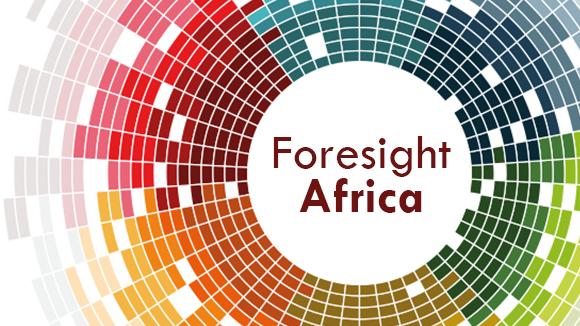
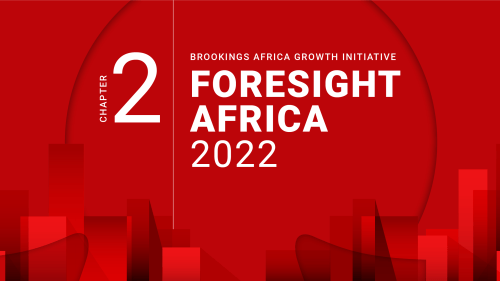

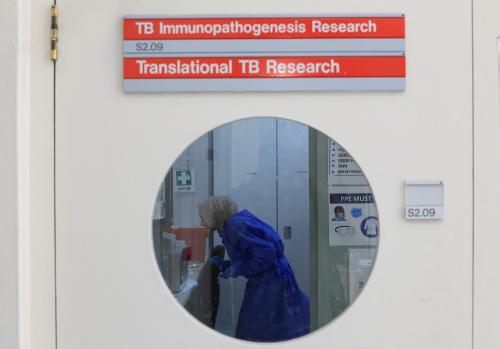
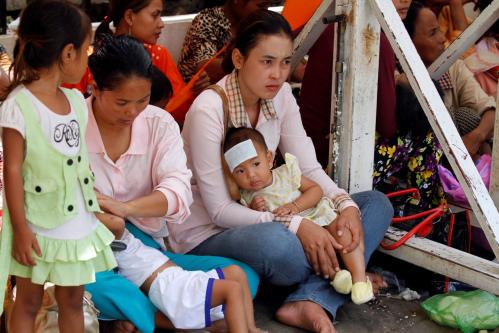
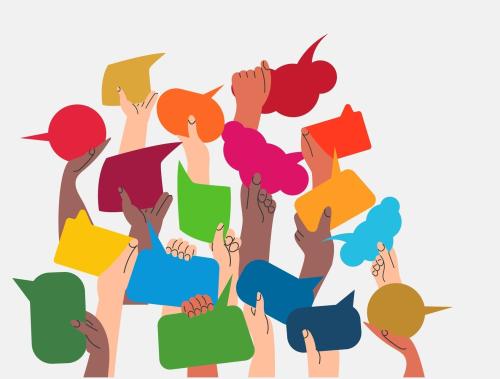
Commentary
Vaccine inequity: Ensuring Africa is not left out
January 24, 2022